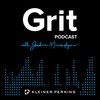

Grit
Kleiner Perkins
Grit explores what it takes to create, build, and scale world-class organizations. It features weekly episodes highlighting the leaders who are pushing their companies to make a difference. This series is hosted by Joubin Mirzadegan, go to market operating partner at Kleiner Perkins, a venture capital firm investing in history-making founders.
Episodes
Mentioned books
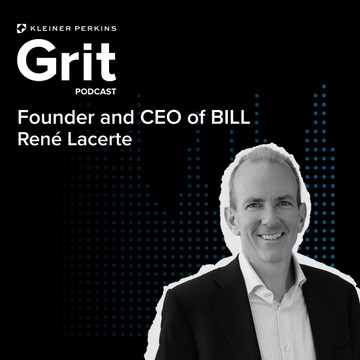
13 snips
Nov 6, 2023 • 1h 3min
#163 CEO Bill, René Lacerte: Hourglass Leadership
René Lacerte, co-founder and former CEO of PayCycle, discusses the challenges of being a CEO and the importance of adapting to change. Topics include office environment, work-life balance, family values, empathy for small businesses, and the fulfillment of starting a business. Lacerte also reflects on personal regrets and lessons learned, while exploring the concepts of intentionality and persistence in personal growth.
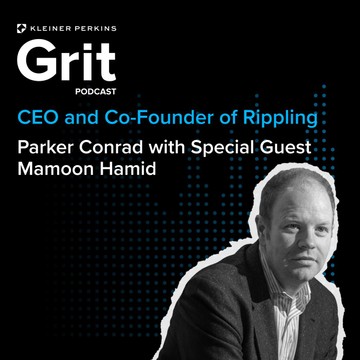
Oct 30, 2023 • 1h 2min
#162 CEO & Co-Founder Rippling, Parker Conrad w/ Mamoon Hamid: Compounding
Parker Conrad, CEO of Rippling and Mamoon Hamid, partner at Kleiner Perkins discuss their experiences with startups, the challenges they faced, and the importance of executives being involved in problem-solving. They also delve into the concept of compound startups, deep integrations, and the inefficiency of buying separate software components. The podcast offers insights on fundraising dynamics, starting companies for the right reasons, and the unique series A of Rippling.
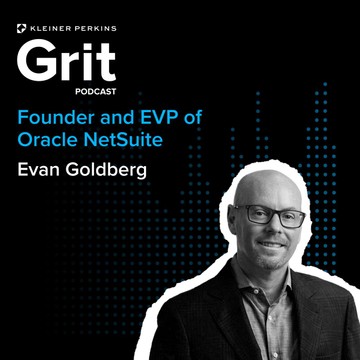
Oct 23, 2023 • 1h 6min
#161 Founder & EVP of Oracle NetSuite, Evan Goldberg: Endless Possibilities
Evan Goldberg, Founder and EVP of Oracle NetSuite, discusses the journey of building the company, starting a tech startup, the challenges faced, and the importance of learning from past mistakes. They reflect on their work at Oracle, the financial losses experienced during an IPO, and the resilience of loved ones. They also share their passion for writing software and talk about the endless creative possibilities in the industry.
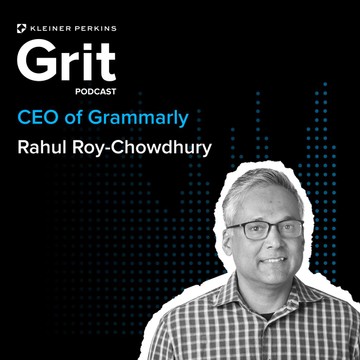
26 snips
Oct 16, 2023 • 1h 3min
#160 CEO Grammarly, Rahul Roy-Chowdhury: Better, Not More
Rahul Roy-Chowdhury, CEO of Grammarly, discusses the potential of AI and responsible technology, their journey to becoming CEO, the importance of focusing on problems rather than solutions, and the power of 'grit' in leveraging technology innovation for communication and productivity.
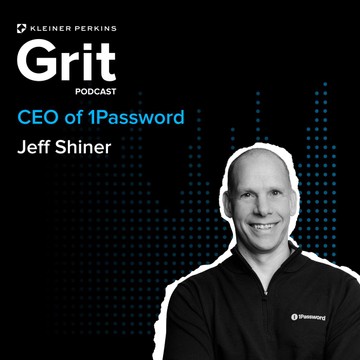
12 snips
Oct 9, 2023 • 1h 4min
#159 CEO 1Password, Jeff Shiner: Chief Eliminator of Obstacles
Jeff Shiner, CEO of 1Password, discusses building a good product, distinguishing between customers and users, sleeping patterns, fear of failure, the Silicon Valley bubble, raising funding, eliminating obstacles as a CEO, using Ryan Reynolds in commercials, emotional significance of long-term employees, launching a new product, reflections on the entrepreneurial journey, and the meaning of grit.
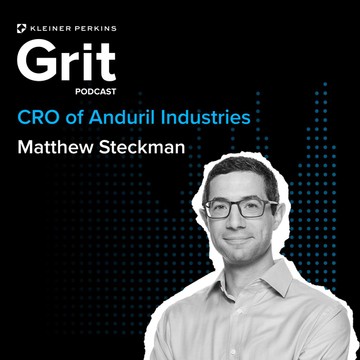
Oct 2, 2023 • 1h
#158 CRO Anduril Industries, Matt Steckman: On Defense
CRO of Anduril Industries, Matt Steckman, talks about the importance of defense tech, barriers to entry, government decision making, utilizing AI for border security, acquisition of Dive Technologies, qualities for success, and hiring needs in the defense industry.
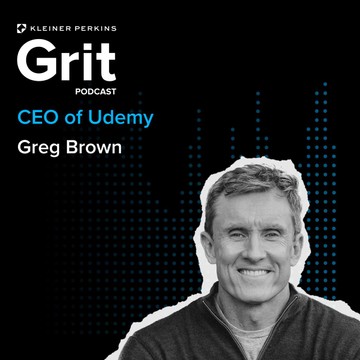
Sep 25, 2023 • 1h 1min
#157 CEO Udemy, Greg Brown: The Plunge
Greg Brown, CEO of Udemy, discusses fitness routines, setting priorities, and being intentional with family. He talks about the distraction of stock price, daily to-do lists, and applying AI to customer solutions. They also explore cold plunge therapy, the journey from football quarterback to CEO, and determining when it's time for growth. The chapter concludes with hiring at Udemy and the concept of grit.
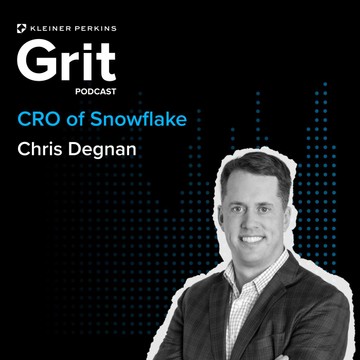
Sep 18, 2023 • 54min
#156 CRO Snowflake, Chris Degnan: Part 2
Experienced CRO of Snowflake, Chris Degnan, discusses his challenging childhood that molded his drive and anxieties. Topics include adjusting to tech fame, detecting lies, fear of flying, living your values, trimming down meeting sizes, and managing anxiety.
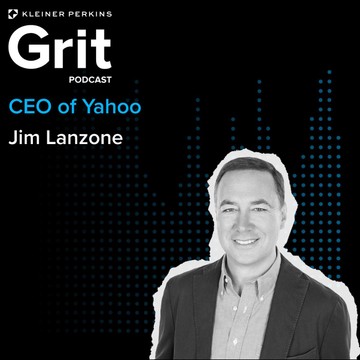
Sep 11, 2023 • 1h 7min
#155 CEO Yahoo, Jim Lanzone: Brand Rejuvenation
Jim Lanzone, CEO of Yahoo, discusses his experience in brand rejuvenation, building successful teams, and making tough decisions. He shares insights on growing up in Silicon Valley, his time at Ask.com and Tinder, and becoming the CEO of Yahoo. Lanzone emphasizes the importance of focusing on growth and user goals, rather than worrying about others' opinions. With a passion for people and product, he believes success and financial gains will follow.
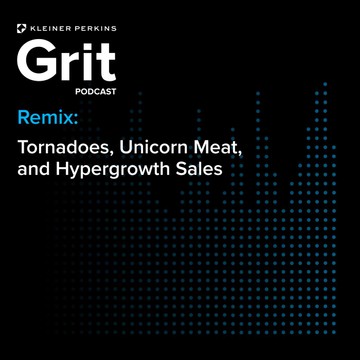
13 snips
Sep 4, 2023 • 1h 8min
#154 Remix: Tornadoes, Unicorn Meat, and Hypergrowth Sales
"Remix: Tornadoes, Unicorn Meat, and Hypergrowth Sales" features industry experts Mike Clayville, Marcy Campbell, Dan Shapero, Jim Herbold, and Chris Degnan. They discuss building sales operations in rapidly-growing companies, including first principles, successful sales motions, effective sales leadership, "unicorn meat" theory, and pivotal sales strategies.


